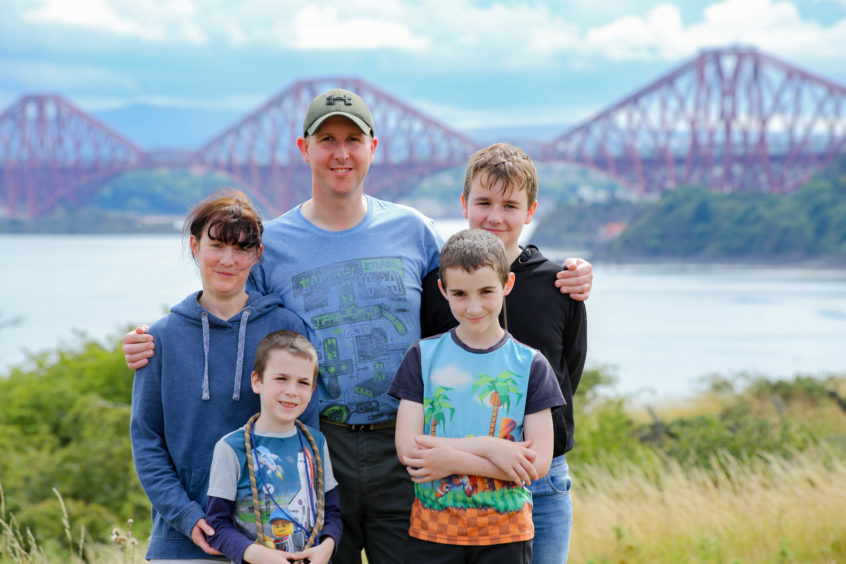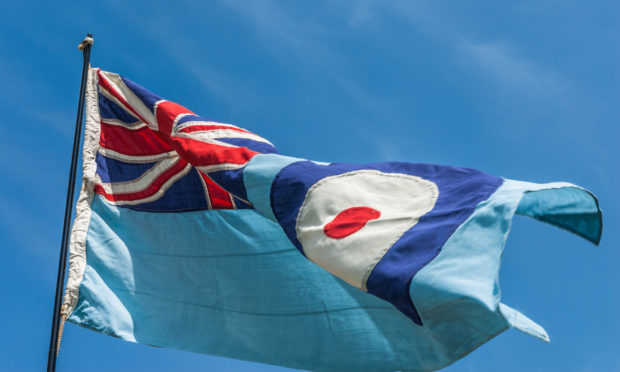The Royal Air Force Benevolent Fund is offering support to veterans after a survey showed they are among the most vulnerable people in times of crisis.
Isolated and struggling veterans and servicemen and women can access a range of welfare services provided by the RAFBF during the coronavirus outbreak.
Its research has identified that around three-quarters of the RAF family is aged over 65, many live at a distance from friends and family, and may be experiencing complex health and welfare challenges, often compounded by their age.
Gavin Davey, the organisation’s regional director, suggested those struggling could make sure of telephone friendship groups and a listening and counselling service which are available despite lockdown.
The weekly friendship call allows veterans to chat to other like-minded members of the force’s extended family, while the listening and counselling scheme supports veterans and their partners with low-level mental health issues.
The organisation also helps with immediate financial needs through its grant system and provides assistance and advice on a wide range of financial issues.
Mr Davey said: “We understand that this is a difficult time for many and we want to reassure members of the RAF family that we are working hard to continue to meet their needs during this outbreak of Covid-19.
“Just as the RAF has answered its country’s call with personnel supporting the armed forces’ response to the virus crisis, the RAFBF is always ready to answer the call of veterans and personnel in need.”
Andrew Stevens turned to the RAFBF after being diagnosed with severe obsessive compulsive order, which began showing after he was made redundant.
Mr Stevens, who served for seven years as a painter and finisher on Tornado jets at RAF Lossiemouth, became anxious and depressed and things “spiralled out of control”.
He was eventually diagnosed with OCD, which had got so bad he would avoid parts of his home and stopped going out.
“I finally admitted I needed help and got in touch with the RAF Benevolent Fund, not really knowing if they would be able to help,” he said.
“I questioned whether there was any point in me being here.

“But the fund’s early and reactive support meant I didn’t have to ask myself these questions for very long and, slowly, the darkness lifted.”
To contact the RAFBF, call us on 0300 102 1919.
